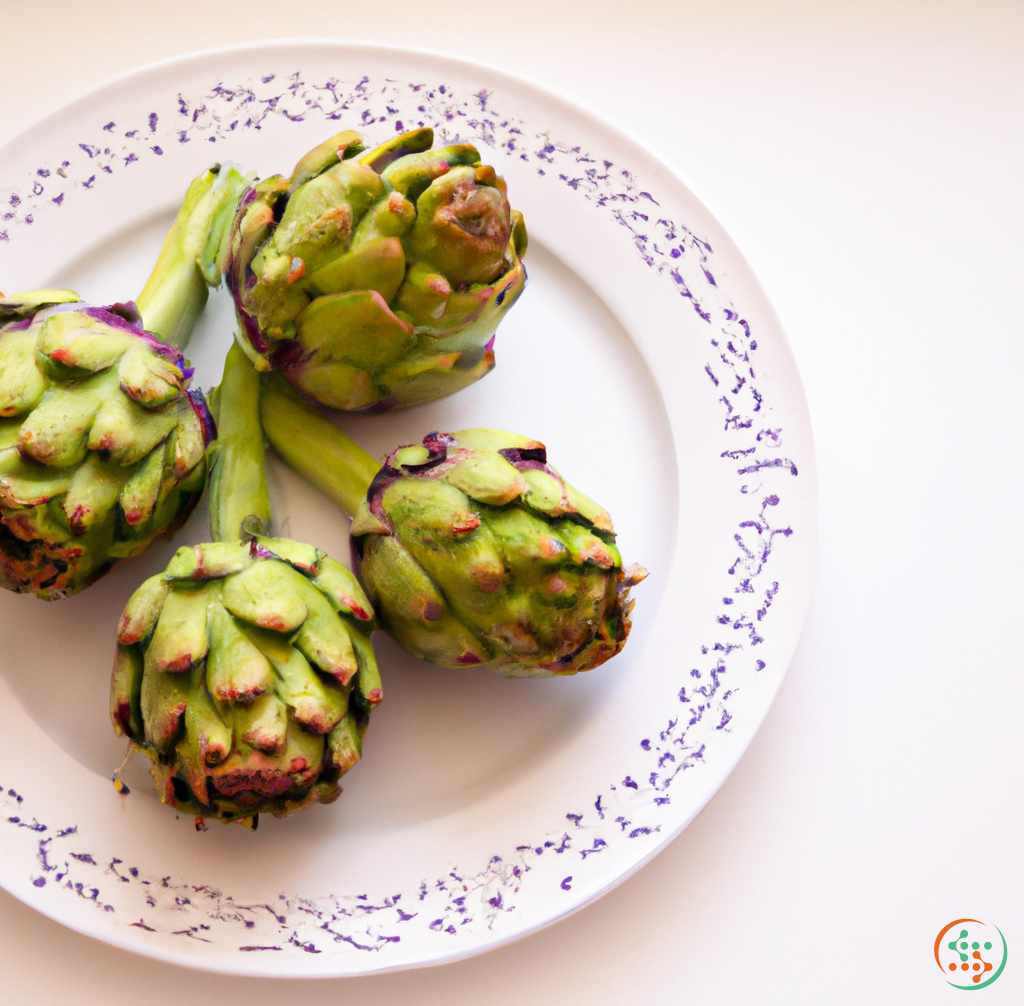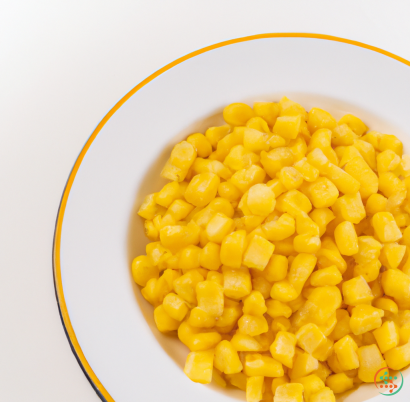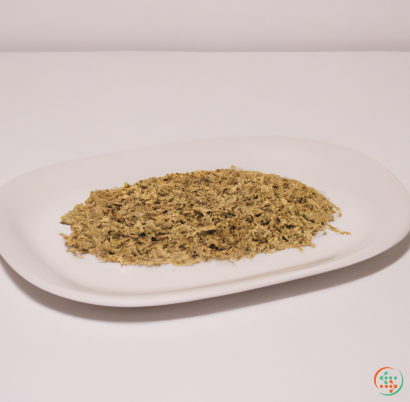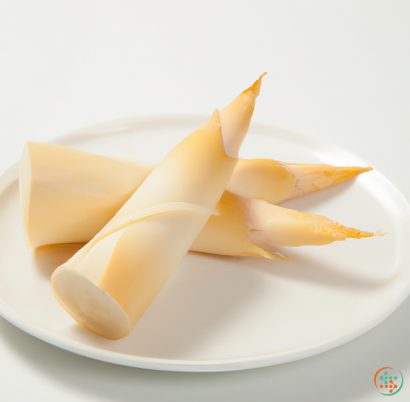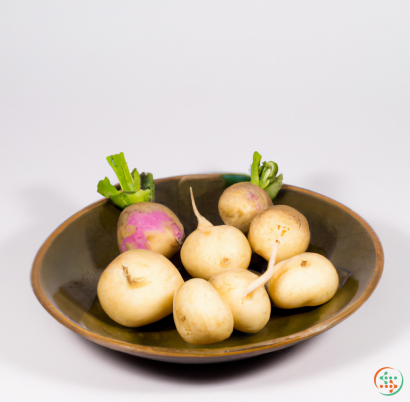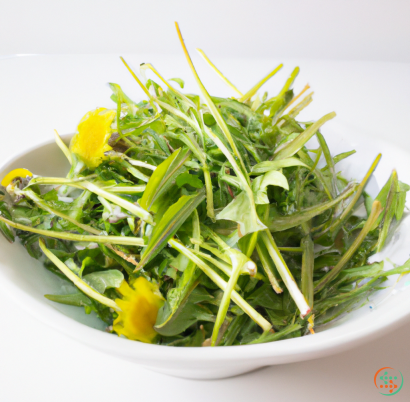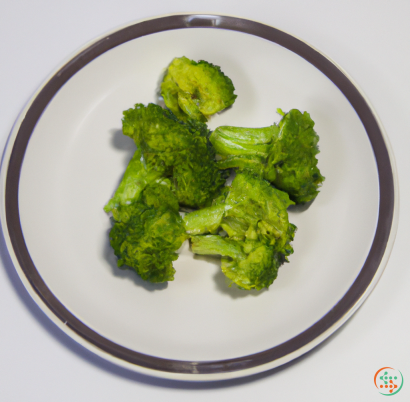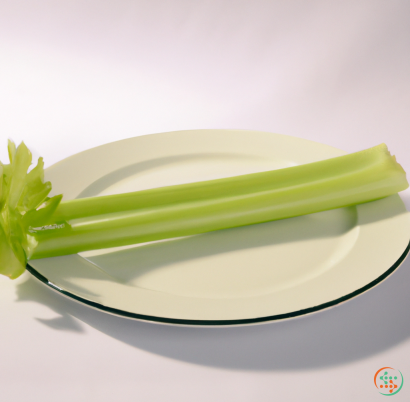Artichokes
Have you ever heard of an artichoke? If so, you may be familiar with the large, spiky vegetable. But do you know what an artichoke is, what it tastes like, and how to prepare it? Are you unfamiliar with this tasty vegetable, but want to learn more about it?
Artichokes, scientifically known as Cynara scolymus, are a perennial plant from the thistle family. They have a characteristic large, round shape, and thorny exterior. Their exterior is covered in small scales layered together to protect the edible inner portion known as the heart. The taste of an artichoke can be described as slightly nutty, with a hint of sweetness.
Artichokes are most often eaten as a side dish, as they pair well with savory ingredients like ham, lemon juice, and garlic. They can be boiled, steamed, baked, or grilled. When cooked, the exterior turns a golden color and the interior softens. Boiled artichokes can be eaten by dipping the petals into a sauce, such as melted butter or aioli, and then scraping off the soft flesh inside with your teeth. Steamed artichokes can be prepared the same way, but the petals don’t require dipping first. Baked and grilled artichokes can be served as a spread, in salads, on pizza, or added to pasta dishes.
Though they have been popular in Mediterranean cuisine since the 14th century, artichokes didn’t become widely available in North American grocery stores until the 1960s. Today, artichoke plants can be found throughout the world in countries such as Canada, Spain, France, and Italy.
When selecting artichokes, look for heavy specimens with tight, green petals that haven’t begun to split. Artichokes can be stored at room temperature for up to two weeks, however, the best way to preserve them is to store them in the refrigerator. Before refrigerating, the artichoke should be washed, dried and placed in an airtight container with a damp paper towel.
In addition to being delicious, artichokes are also incredibly healthy. They are a great source of dietary fiber, iron, and vitamin C. They also contain antioxidants, which can help with digestion and reduce your risk of developing certain diseases.
Some of the benefits of eating artichokes include reducing cholesterol, aiding digestion, and relieving constipation. Artichokes also have anti-inflammatory properties, which can help with conditions like arthritis, and are thought to contain cancer-fighting properties.
So why not give artichokes a try? Whether you choose to boil them, steam them, bake them, or grill them, artichokes are sure to be a delicious addition to your next meal. You don’t have to be an artichoke expert to enjoy them—just make sure you choose a fresh variety and prepare them in accordance with your tastes. Happy eating!
If you're sitting down to dinner and you order artichokes to accompany your meal, you might not give much thought to how those artichokes get to your plate. But there is a long and complex process that begins with the way artichokes are grown and harvested, and ends with them being perfectly cooked and served to you. In this blog post, we'll take a detailed look at how an artichoke from the field is transformed into a delicious dish on your dinner plate.
First, let’s take a look at where artichokes come from. Artichokes are perennial plants that are native to the Mediterranean region. They are also grown in places like California, which produces more than 95% of American-grown artichokes, Spain, and Argentina. Artichoke plants grow on shrubs that reach heights between three and six feet and spread out to form thick beds of spiny green leaves.
The most commonly eaten part of the artichoke plant is its flower bud – the part that looks like a spiny green flower. If left to flower, the artichoke will bloom into a beautiful bright-blue thistle, which is much bigger than the unopened bud. When artichokes are ready to be harvested, the bud should be plump and uniformly green.
Once harvested, artichokes are often harvested for commercial purposes and transported for long distances. Artichokes need to be kept cool during transportation, so they are usually sent in insulated coolers in refrigerated trucks. It's important to keep the artichokes cool so that they do not spoil or degrade over long journeys. Once they arrive at their destination, the artichokes are sorted and graded for quality. The good-quality artichokes are then sold and shipped to grocery stores, market, or other distributors.
At this point, it's time for consumers to select the artichokes they will take home to eat. Artichokes can be stored in the refrigerator for up to a week, but they should be used as soon as possible. Artichokes that have become overly dry or limp should be discarded, as they will not be as flavorful. Once the artichokes are purchased and brought home, they must be prepared before they can be cooked.
To prepare an artichoke for cooking, the stem should be trimmed off and the leaves should be snapped off one at a time, until only the inside of the artichoke is left. The prickly tips at the top of each leaf should also be trimmed off. The artichoke should then be washed thoroughly and cut in half. The center of the artichoke, or choke, should be carefully scraped out and discarded. At this point, the artichoke is now ready for cooking.
Artichokes can be cooked in several different ways, including steaming, boiling, baking, grilling, and sautéing. Each method will result in a slightly different flavor and texture, so experiment to find the method that suits your taste. When cooking an artichoke, care must be taken to ensure that it is cooked all the way through. If it is overcooked, it will become very mushy and unappetizing.
Once the artichoke is cooked, it is now ready to be served. Artichokes can be served with a variety of dipping sauces, such as lemon butter, mayonnaise, or hollandaise. They can also be served plain with a sprinkle of salt and pepper. Artichokes make for a delicious side dish or appetizer, or can even be served as the main course.
Clearly, artichokes can go from the field to the dinner plate with a bit of planning and effort. From selecting perfect artichokes at the store and carefully preparing them, to cooking them just right and serving them with the perfect accompaniment, it all adds up to a delicious and satisfying meal.
| Vitamin A | 0.001 mg | |
| Beta-Carotene | 0.008 mg | |
| Vitamin E | 0.19 mg | |
| Vitamin K | 0.0148 mg | |
| Vitamin C | 0.0074 grams | |
| Vitamin B1 | 0.05 mg | |
| Vitamin B2 | 0.09 mg | |
| Vitamin B3 | 0.00111 grams | |
| Vitamin B4 | 0.0344 grams | |
| Vitamin B5 | 0.24 mg | |
| Vitamin B6 | 0.08 mg | |
| Vitamin B9 | 0.089 mg |
| Calcium | 0.021 grams |
Daily Value 1.3 g
|
| Iron | 0.61 mg |
Daily Value 0.018 g
|
| Magnesium | 0.042 grams |
Daily Value 0.4 g
|
| Phosphorus | 0.073 grams |
Daily Value 1.25 g
|
| Potassium | 0.286 grams |
Daily Value 4.7 g
|
| Sodium | 0.06 grams |
Daily Value 2.3 g
|
| Zinc | 0.4 mg |
Daily Value 0.011 g
|
| Copper | 0.13 mg |
Daily Value 0.9 mg
|
| Manganese | 0.23 mg |
Daily Value 0.0023 g
|
| Selenium | 0.2 ug |
Daily Value 0.055 mg
|
| Glucose | 0.24 grams |
|
| Fructose | 0.02 grams |
|
| Sucrose | 0.73 grams |
|
| Total Sugars | 0.131141 grams |
per 100g
|
| Palmitic acid (16:0) | 0.07 grams |
|
| Stearic acid (18:0) | 0.01 grams |
|
| Total Saturated fatty acids: | 0.08 g | |
| Oleic acid (18:1) | 0.01 grams |
|
| Total Monounsaturated fatty acids: | 0.01 g | |
| Linolenic acid (18:3) | 0.04 grams |
|
| Linoleic acid (18:2) | 0.11 grams |
|
| Total Polyunsaturated fatty acids: | 0.15 g | |
